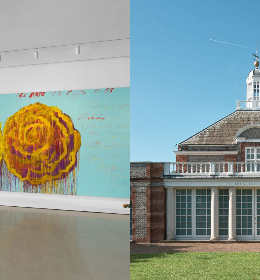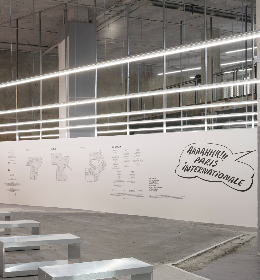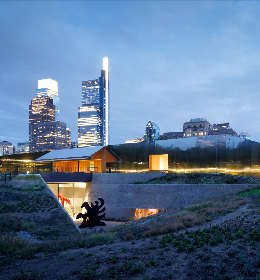Amongst them, Margaret Haines... Her practice encompasses installation, sculpture, film, text and performance. Within it, she examines the notion of empathy through the aestheticization of social suffering.
Nowadays, can we see empathy as the new solidarity (as unfortunate as this may be)? A sad emoji on a Facebook post is enough for many people…
It's not the new solidarity (this is too cynical), but it's the new cheap neoliberal aesthetics of the 1960s and 1970s term 'compassion' (which eventually was called out as ethnographic pandering), but with rebranding — care, empathy, etc. have become elitist excuses and terms for participation. Empathy, when co-opted, elicits cheap (passive) responses. When this happens, the problem is that we are no longer in a situation of collective struggle and active responsibility with one another, but instead in the space of cheap emotionality, despair (a mortal sin), melancholia and then obviously, separation and I guess eventually, isolation and inaction.
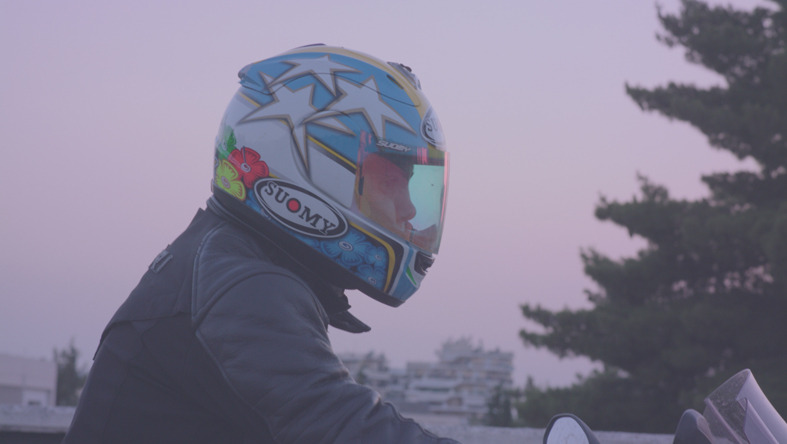
Margaret Haines - I dreamt in heaven
Are you thinking about this feeling with an awareness of contemporary art's specific audience?
Yes. Not so much the audience, as the artists and the industries of production.
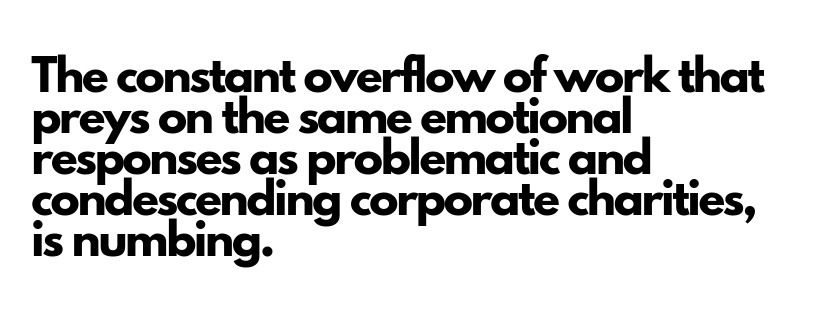
It becomes even more weird when this overly sentimentalised work is monetised or used as a career stepping-stone, with little importance or financial awareness or agency for the subjects being used. The constant conflation of art and politics without reflection is problematic. I am not against work that takes politics as its subject, or social change, or utopia. But, politics has a necessary pragmatism and responsibility, and art is a completely subversive and messy critique without the same constant, necessary and immediate response as politics should have in its ideal form. Similarly, to use emotion (as art inherently does and will) for political rhetoric is dangerous, as we can see in the rise of nationalist rhetoric and demagogy. It's like the famous quote from Arendt—'love can only become false and perverted when it is used for political purposes such as the change or salvation of the world.'
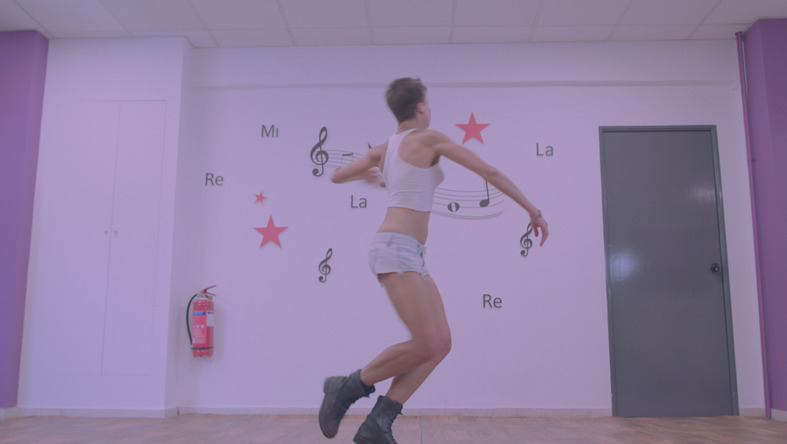
Margaret Haines - I dreamt in heaven
You wrote: "how the Ancient Greek empatheia meant passion, hatred even." How can empathy become hate? Can this feeling ever be positive?
The etymology of empathy is interesting in that it's a recent term, but with a root that would mean its seeming opposite. But, let's pretend the current term is its root. It means being in another's skin, to the point of extreme embodiment, pleasant or unpleasant, feeling all the feels. This is how empathy can become hate if we consider it in this way instead of how it is used more or less in PR rhetoric, as compassion. And no, hatred is never a positive emotion. Hatred is evil. But, I suppose it could be considered positive in that it demonstrates an awakening of emotional response to a numbed society, in the same way that love and empathy are granted with. But, again, it is dangerous to use these as political currency to arrive at actualized collective thought, economic equality, responsibility and utopic change.
This article is part of POPPOSITIONS BRUSSELS | FIVE ARTISTS TO OPEN YOUR EYES.







